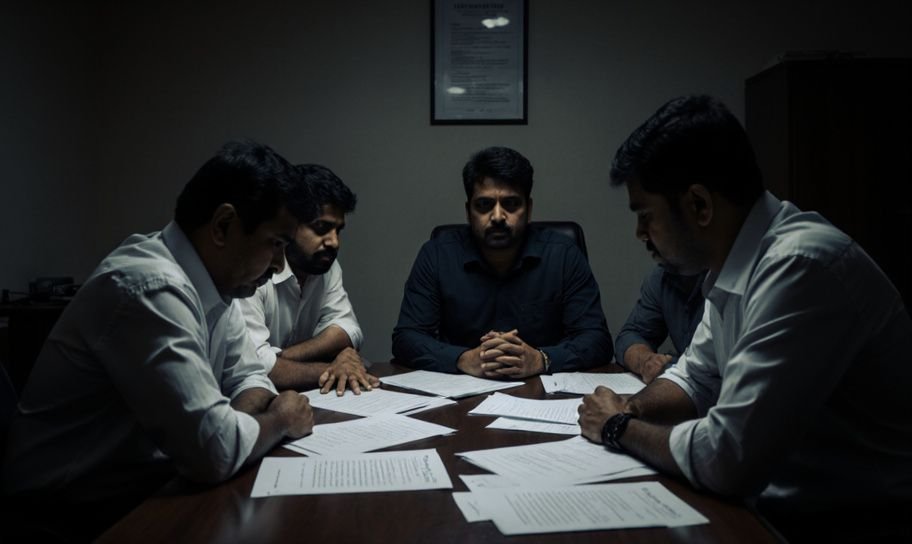
Summary: The Bombay High Court's Nagpur Bench canceled several detention orders under the Maharashtra Prevention of Dangerous Activities Act, 1981. The court found that the State Government issued these orders automatically, without proper reasoning.
The case involved several legal challenges against detention orders issued under the Maharashtra Prevention of Dangerous Activities Act, 1981. Gulab S/O Fogal Kumbhalkar and others argued that their right to personal freedom was being violated without proper legal reasoning.
Justices Anil L. Pansare and Siddheshwar S. Thombre heard the case. They noted that the detention orders, approvals, and confirmations were all issued automatically. The judges emphasized that personal freedom can only be limited with strong legal reasoning.
"The orders of preventive detention are passed in an automatic manner," the court observed.
The court examined the relevant sections of the Act, highlighting that the State Government must be convinced by the circumstances to justify detention. However, the orders lacked specific reasoning and were identical across multiple cases.
The State Government's orders gave powers to District Magistrates and Commissioners of Police without explaining the specific circumstances justifying such actions. The court found this approach against the law's purpose.
The court also criticized the Advisory Board's role, noting that it simply approved the detention orders without independent examination.
The judges stressed that detention orders must show careful consideration of the facts and circumstances. They should not be routine administrative acts but must demonstrate a clear reason for restricting personal freedom.
The court canceled the detention and confirmation orders, ordering the release of Gulab S/O Fogal Kumbhalkar and others unless they were needed in other cases. The judgment highlights the importance of fair process and the need for detailed reasoning in detention cases.
"The orders of detention as also the orders of confirmation do not withstand legal scrutiny," the court concluded.
This judgment serves as a reminder of the judiciary's role in protecting personal freedoms against unfair state actions.